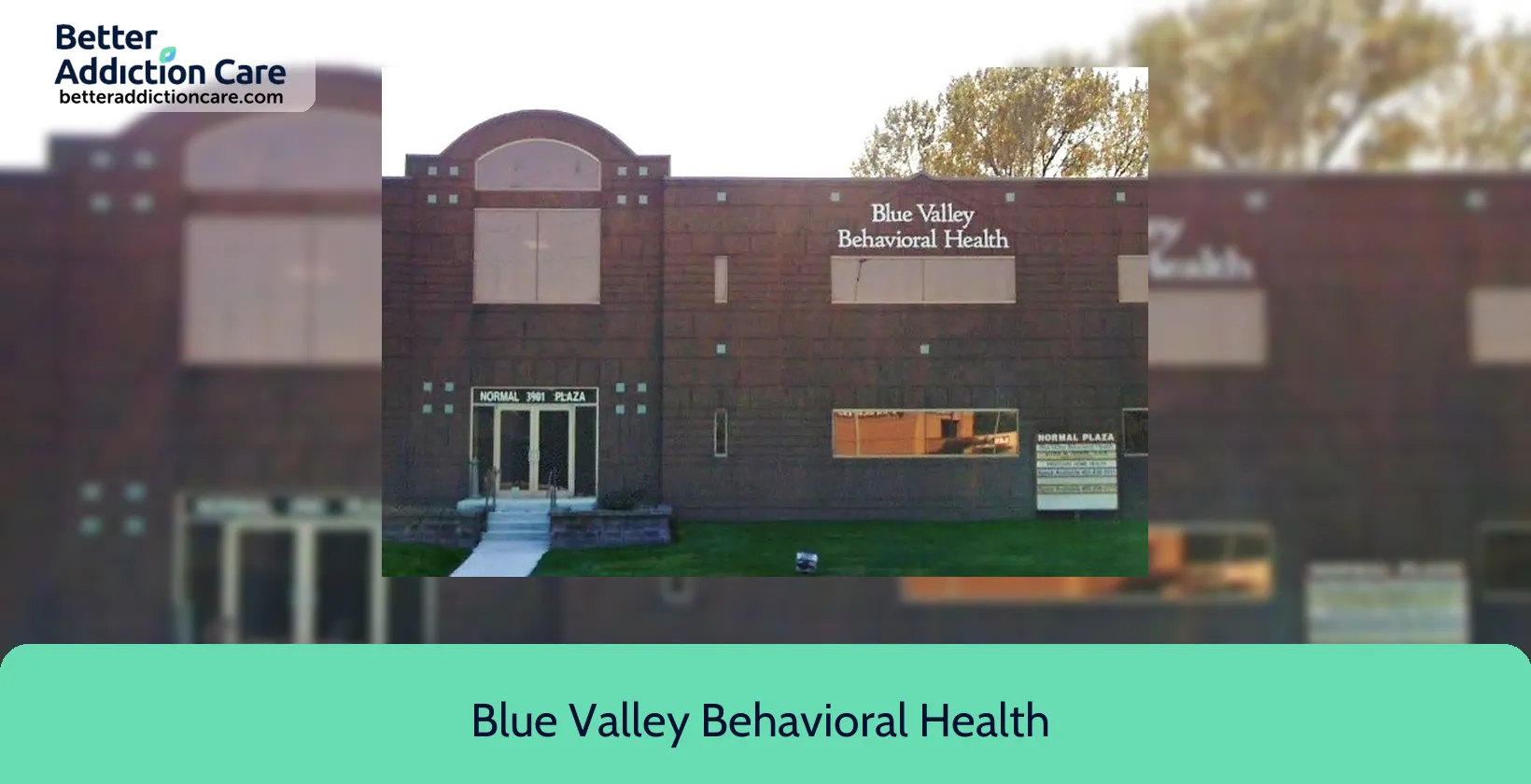Blue Valley Behavioral Health - Lincoln Office
Overview
Blue Valley Behavioral Health - Lincoln Office is a mental health treatment center for people seeking treatment near Lancaster County. As part of their treatment modalities for recovery, Blue Valley Behavioral Health - Lincoln Office provides individual psychotherapy, couples/family therapy, and cognitive behavioral therapy during treatment. Blue Valley Behavioral Health - Lincoln Office is located in Lincoln, Nebraska, accepting cash or self-payment for treatment.
Blue Valley Behavioral Health - Lincoln Office at a Glance
Payment Options
- Cash or self-payment
- Medicaid
- Private health insurance
- State corrections or juvenile justice funds
- Federal, or any government funding for substance use treatment programs
Assessments
- Screening for tobacco use
- Comprehensive mental health assessment
- Comprehensive substance use assessment
- Interim services for clients
- Screening for mental disorders
Age Groups
- Seniors or older adults
- Young adults
- Children/adolescents
- Adults
- Seniors
Ancillary Services
- Case management service
- Court-ordered outpatient treatment
- Suicide prevention services
- Mental health services
- Social skills development
Highlights About Blue Valley Behavioral Health - Lincoln Office
7.00/10
With an overall rating of 7.00/10, this facility has following balanced range of services. Alcohol Rehabilitation: 8.00/10, Drug Rehab and Detox: 6.00/10, Insurance and Payments: 6.67/10, Treatment Options: 7.33/10.-
Alcohol Rehabilitation 8.00
-
Treatment Options 7.33
-
Insurance and Payments 6.67
-
Drug Rehab and Detox 6.00
Accreditations
The Joint Commission:

The Joint Commission, previously known as JCAHO, is a nonprofit organization that accredits rehabilitation organizations and programs. Established in 1951, its mission is to enhance the quality of patient care and showcase excellence in healthcare delivery.
Effective date: 02/27/2015
Registration: 142462
State department of health:

Government agencies issue State Licenses, granting permission to rehabilitation organizations to conduct their business operations lawfully within specific geographic regions. Generally, the particular rehabilitation programs offered by a facility and its physical location dictate the necessary licenses needed for legal operation.
Treatment At Blue Valley Behavioral Health - Lincoln Office
Treatment Conditions
- Alcoholism
- Mental health treatment
- Substance use treatment
- Co-occurring Disorders
Care Levels
- Outpatient
- Regular outpatient treatment
- Aftercare
Treatment Modalities
- Individual psychotherapy
- Couples/family therapy
- Cognitive behavioral therapy
- Telemedicine/telehealth therapy
- Substance use disorder counseling
Ancillary Services
Special Programs
- Clients with co-occurring mental and substance use disorders
- Veterans
- Active duty military
- Members of military families
- Criminal justice (other than DUI/DWI)/Forensic clients
Get Help Now
Common Questions About Blue Valley Behavioral Health - Lincoln Office
Contact Information
Other Facilities in Lincoln
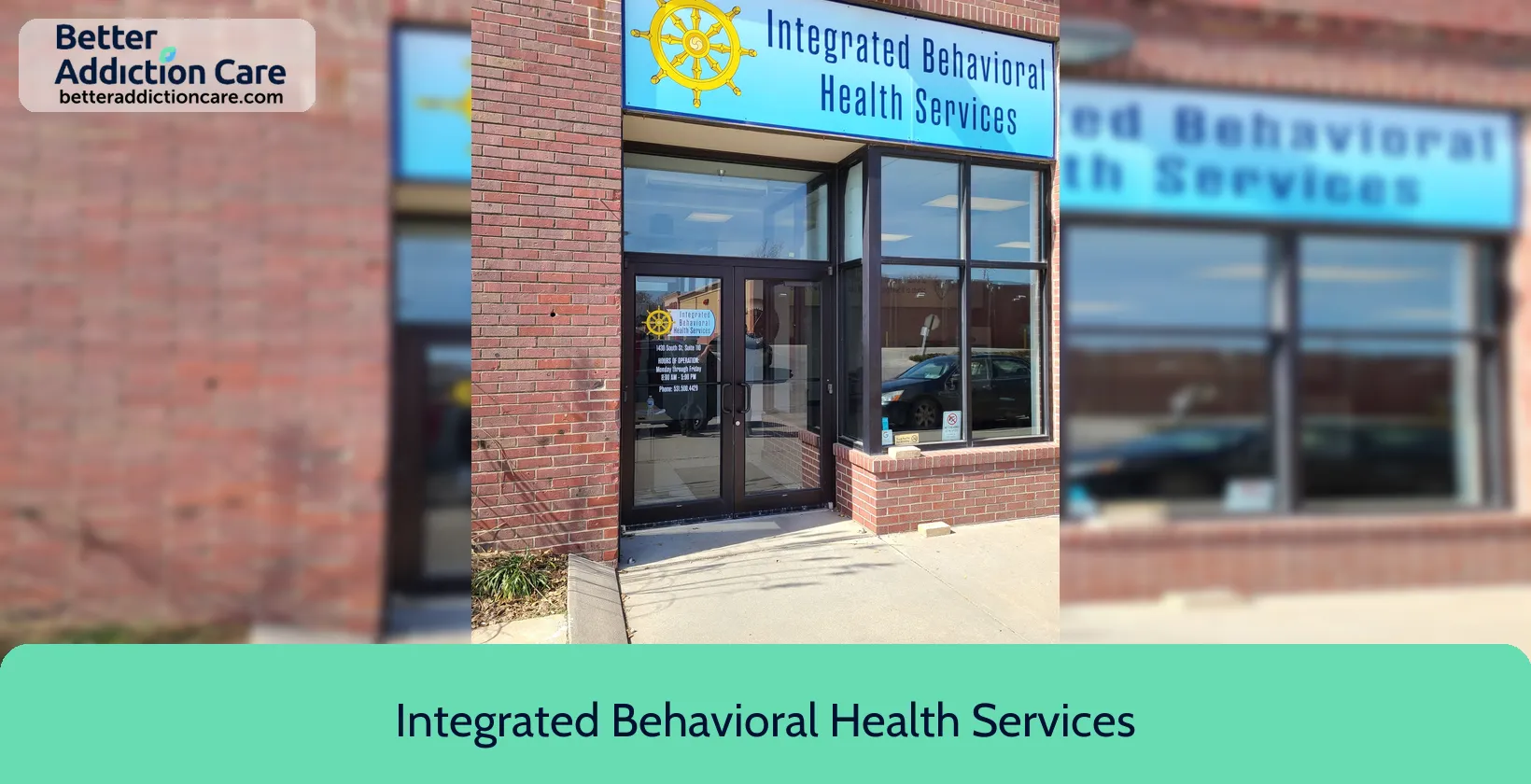
6.59
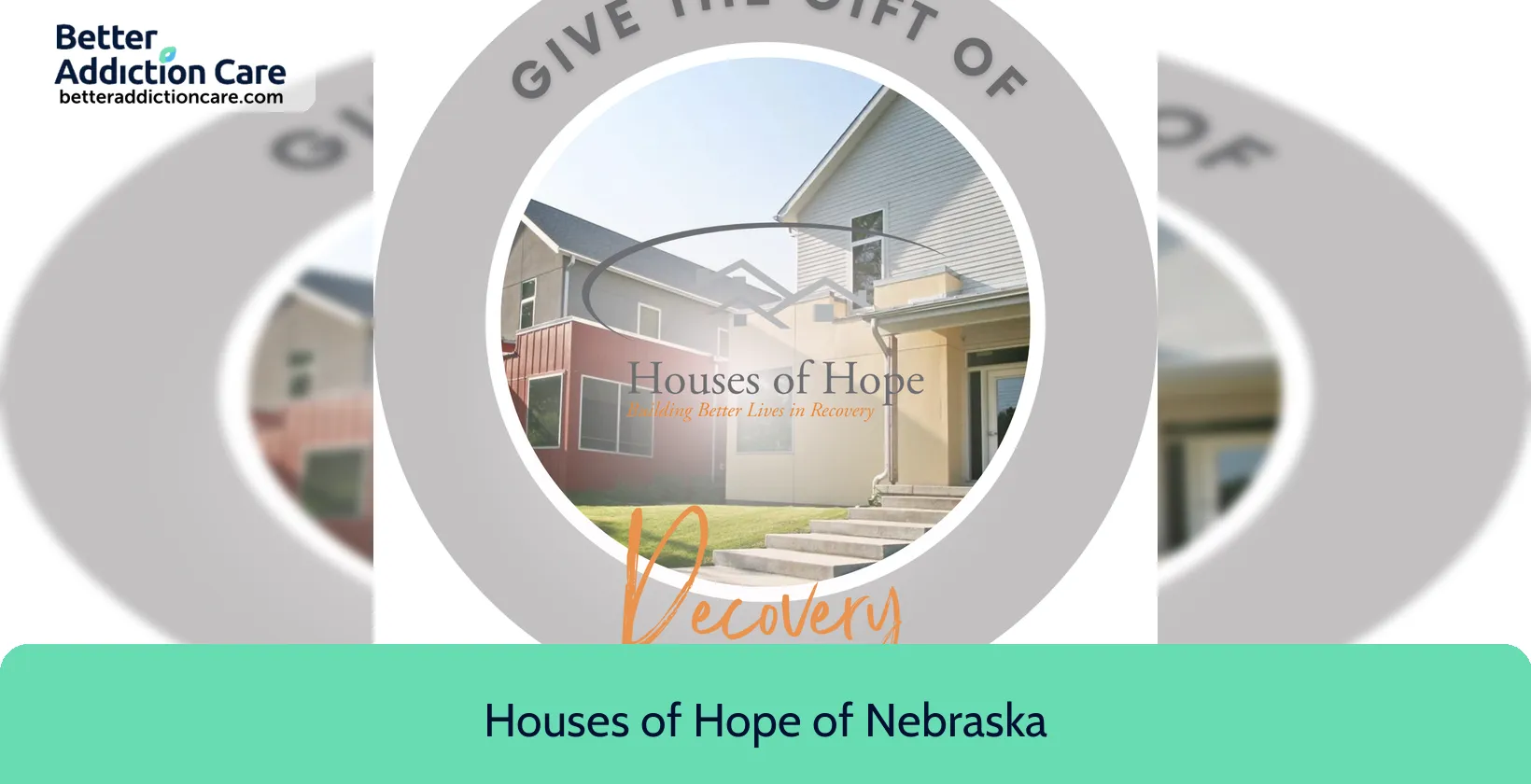
6.77

7.28

7.26
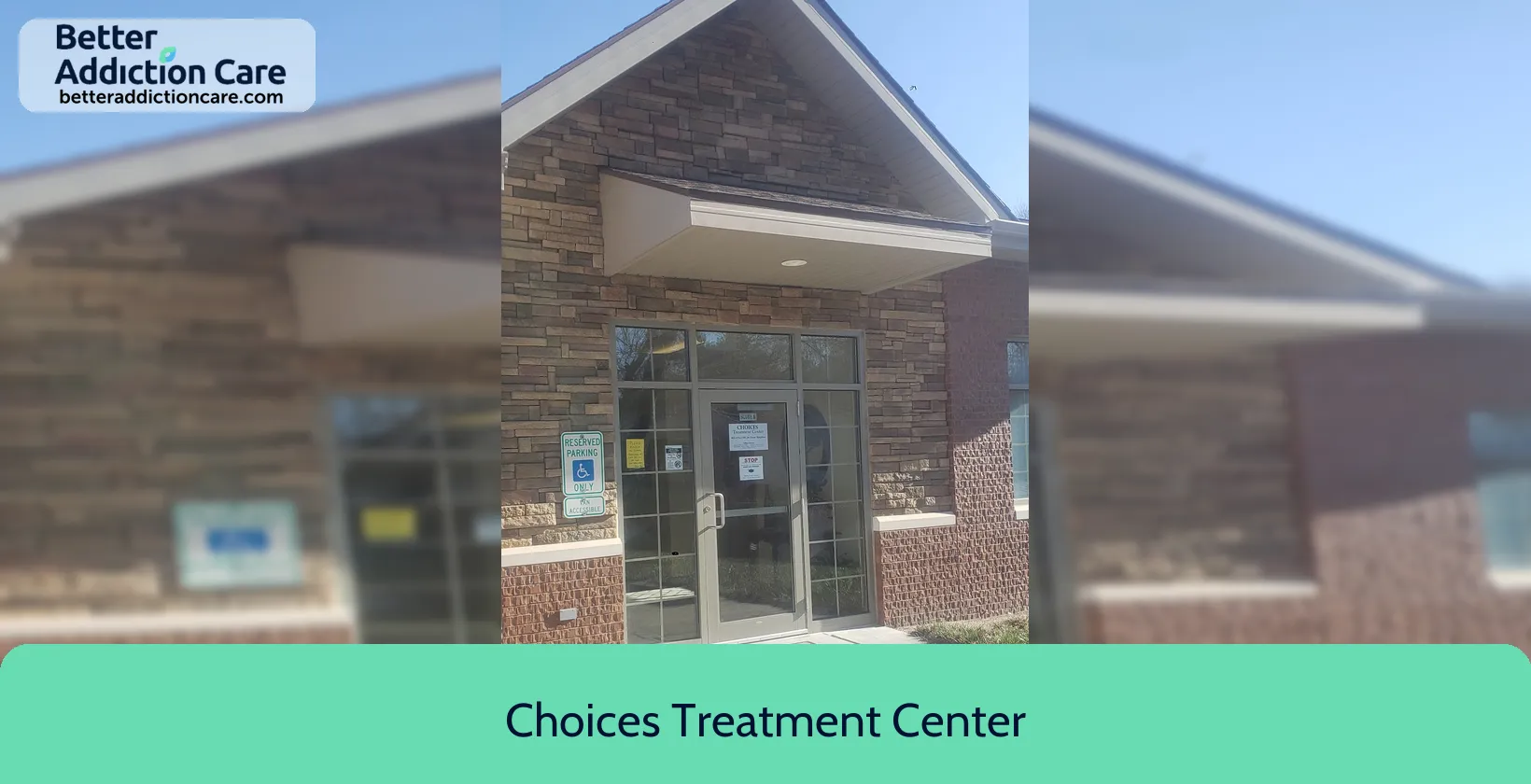
6.86
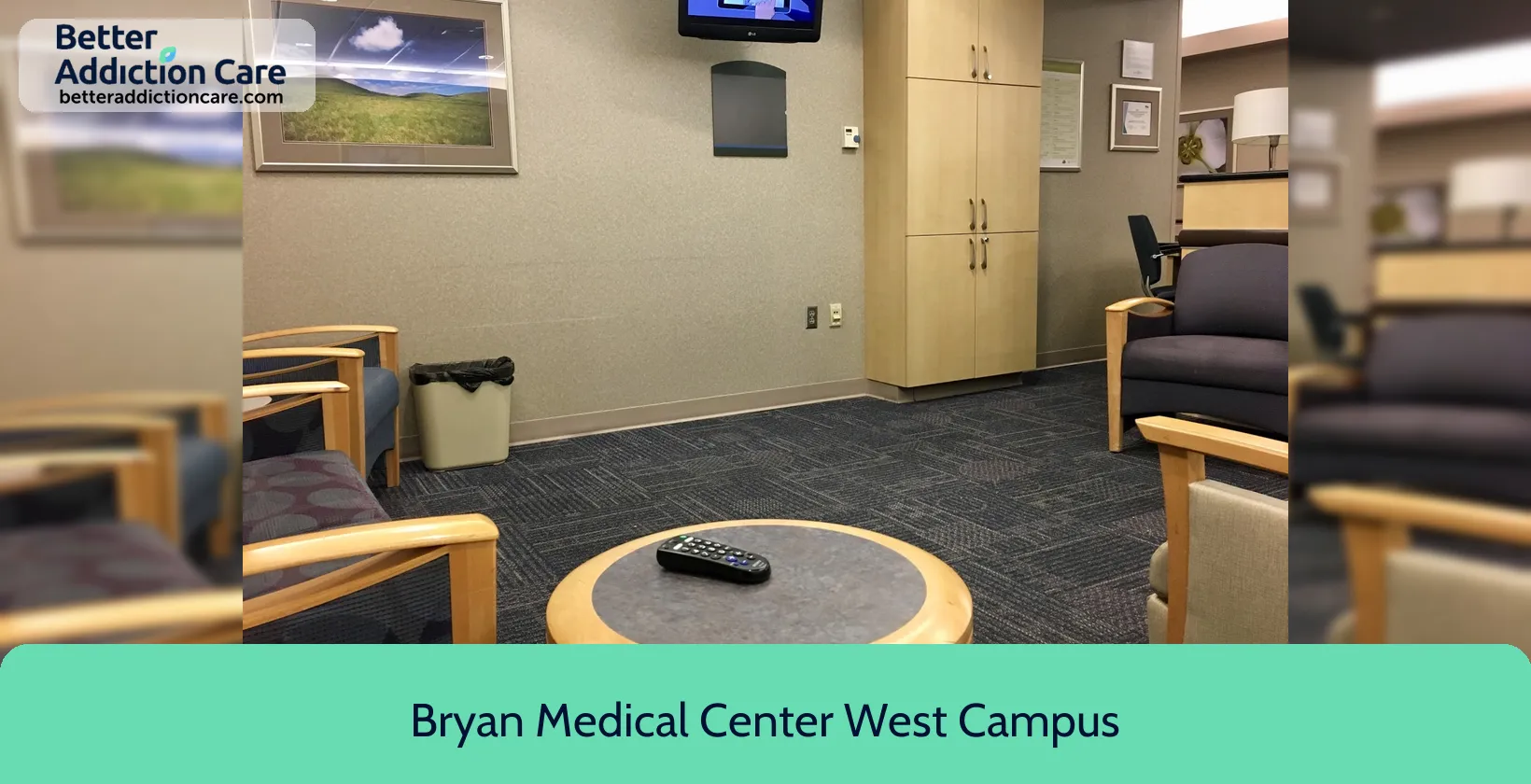
6.71
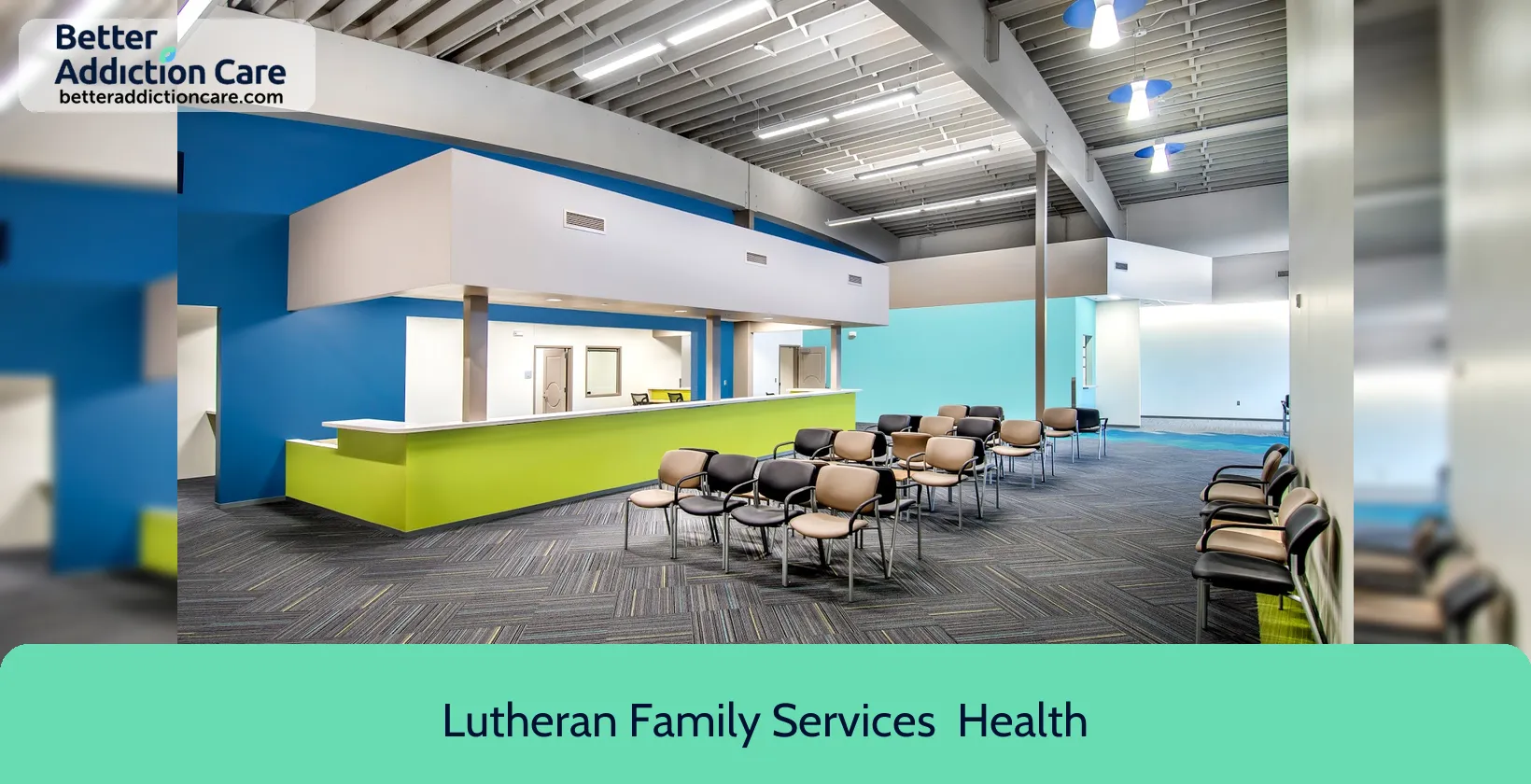
7.58
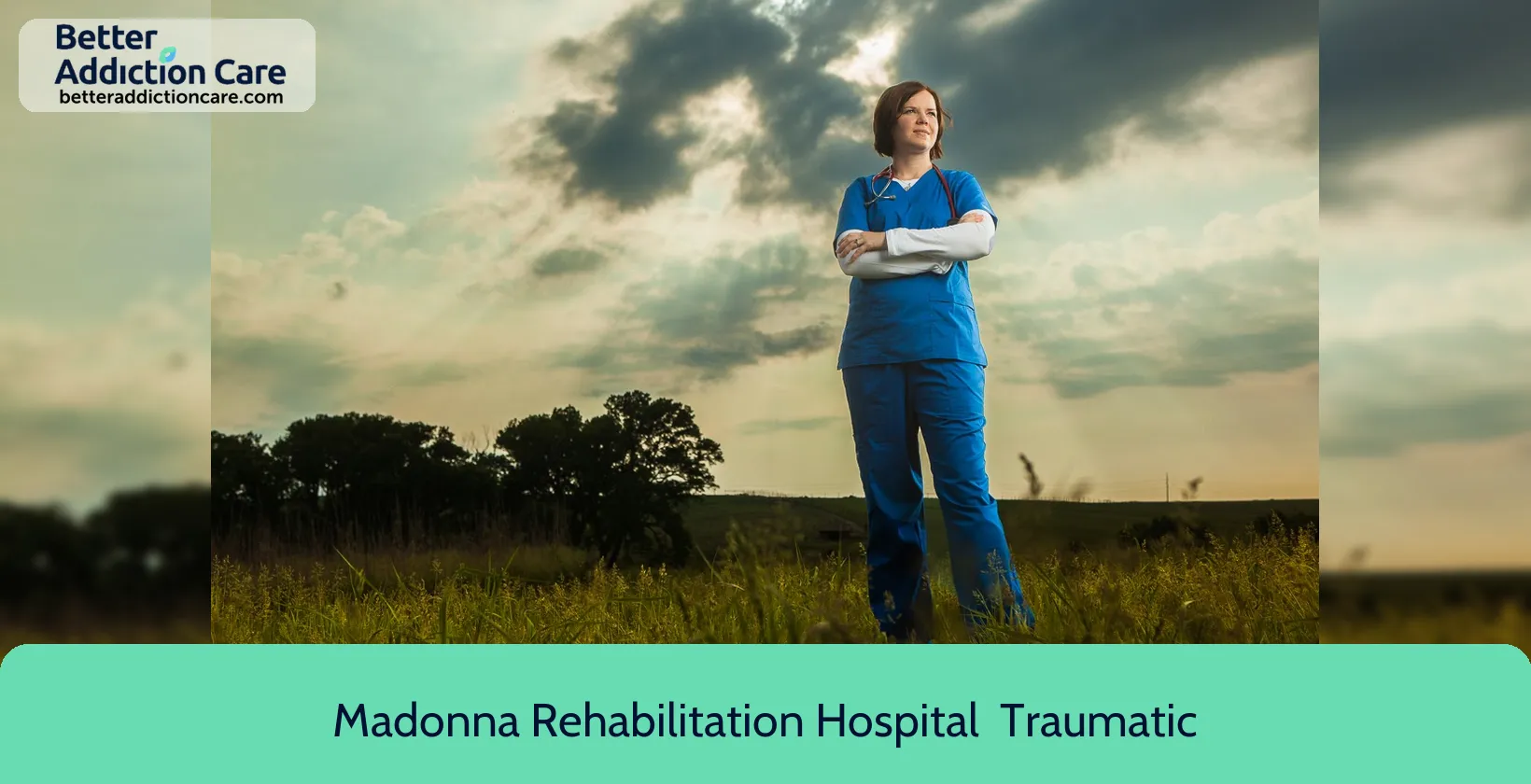
6.59
DISCLAIMER: The facility name, logo and brand are the property and registered trademarks of Madonna Rehabilitation Hospital - Traumatic Brain Injury Program, and are being used for identification and informational purposes only. Use of these names, logos and brands shall not imply endorsement. BetterAddictionCare.com is not affiliated with or sponsored by Madonna Rehabilitation Hospital - Traumatic Brain Injury Program.
